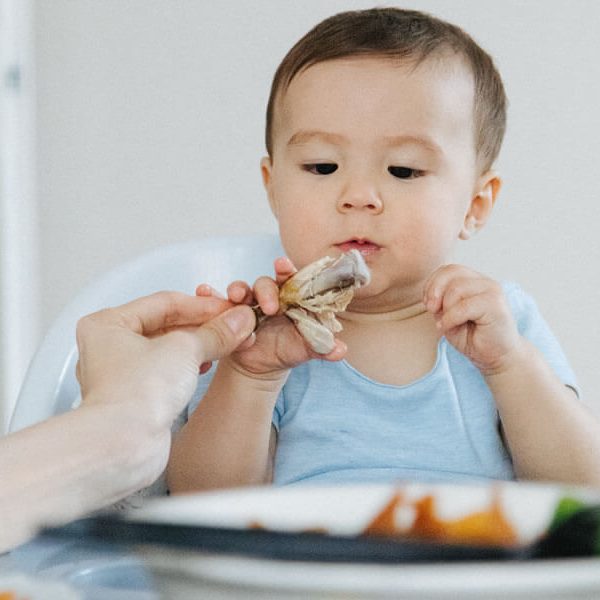Infant Nutrition
Postpartum Health: Supporting Moms to Thrive
With so many demands on your body during this time, a well-balanced eating pattern not only replenishes you but also supports the 24/7 stamina you’re going to need as a busy mom.
Nourishing Yourself is Self-Care
It important to make sure you have the energy to keep up with your little one's needs while maintaining your own health. We view this next stage of motherhood as one prioritises your immediate physical, mental health nutrition needs, while helping to replenish your stores post pregnancy and laying foundations for feeding your growing family. We'll guide you on eating well despite a busy schedule, tight budget, little sleep and any other challenges you may face.
Returning to your Pre-pregnancy Health
Supporting you to return to pre-pregnancy health and wellbeing is an important part of this journey.
Its important to focus on a balanced and variety of quality food that provide essential nutrients, while considering your individual lifestyle and preferences. Our goal is to help you regain your energy, nourish your body, and achieve your health goals.
At Simple Steps Nutrition, we understand the importance of supporting moms in their postpartum journey. As you navigate the challenges of self while staying healthy and happy, nutrition plays a key role.
Introducing solid foods to your baby is an exciting milestone that sets the foundation for establishing a healthy relationship with food and balanced eating habits as adults. Learning to eat and feed yourself is a basic life skill takes practice, patience and perseverance.
We’ll give you support & advice on the most effective ways to nourish your little ones while you start introducing solid foods and eventually guide them eat wholesome foods and thrive at mealtimes.

Preventing and Managing Food Allergies
1 in 10 babies born in Australia have a food allergy with peanut allergy being the most common. The common allergenic foods are also highly nutritious and early exposure decreases risk of developing allergies.
So, knowing when and how to start offering your baby food allergens with confidence will enable your little one to enjoy these foods from an early age. Helping you navigate confirmed food allergies with appropriate alternatives will ensure optimal nutrition despite elimination of problem foods.
Food Rejection: Some infants may initially reject or show reluctance to eat solid foods. They may spit out the food, turn their heads away, or display signs of disinterest. This can be frustrating for parents who want to ensure their baby receives adequate nutrition. It's important to remember that it takes time for babies to adjust to new tastes and textures. Persistence and patience are key. Offering a variety of foods regularly, in small quantities and at different times of the day, can help encourage acceptance.
Feeding & Digestive Issues: Introducing solid foods can sometimes lead to digestive issues such as constipation, diarrhea, or stomach discomfort. Babies' digestive systems are still developing, and certain foods may be harder to digest so gradually introducing new and fibre-rich foods is important.
If your baby was born prematurely or has persistent feeding, growth and digestive difficulties it is important to seek help from a paediatrician and specialist paediatric dietitian to help address these challenges while ensuring optimal growth and development.
Supporting Busy Parents
We understand that parenthood is busy, and meal planning can be challenging. We will work with you to create practical meal plans and share time-saving tips that fit seamlessly into your family's routine and individual needs.


